
Please Note: I received an electronic review copy of Alone In The Woods and was monetarily compensated in exchange for composing and hosting an interview with the author. This compensation in no way affected my opinions.

Title Alone In The Woods
Author Rebecca Behrens
Pages 320 Pages
Target Audience Middle Grade
Genre & Keywords Contemporary, Realistic Fiction, Survival Story, Adventure
Publication Date October 6th 2020 by Sourcebooks Young Readers
Find It On Goodreads ● Amazon ● Chapters ● The Book Depository ● Barnes & Noble ● IndieBound
The Thing About Jellyfish meets The Explorer in this thrilling survival story about two former best friends forced to work together to stay alive after getting dangerously lost in the woods.
Jocelyn and Alex have always been best friends…until they aren’t. Jocelyn’s not sure what happened, but she hopes their annual joint-family vacation in the isolated Northwoods will be the perfect spot to rekindle their friendship.
But Alex still isn’t herself when they get to the cabin, and Jocelyn reaches a breaking point during a rafting trip that goes horribly wrong. When the girls’ inner tube tears, it leaves them stranded and alone on the banks of the Wolf River.
Before they know it, the two are hopelessly lost in a national forest.
Wearing swimsuits and water shoes and with only the contents of their wet bags, the girls face threats from biting blackflies to black bears, poison ivy to hypothermia. Both Jocelyn and Alex will have to use strengths they didn’t know they had in their desperate trek home. But beyond battling the elements during the days and nights they spend lost in the wilderness, they’ll have to overcome their fractured friendship — if they want to make it out of the woods alive.

About Rebecca Behrens
Rebecca Behrens is the award-winning author of three critically acclaimed middle-grade novels that explore famous historical figures and fascinating places: When Audrey Met Alice, Summer of Lost and Found, and The Last Grand Adventure. Her thrillingly realistic survival story The Disaster Days is a Junior Library Guild selection, a Bank Street Best Children’s Book, and an ILA Teachers’ Choices selection. Look for her latest middle-grade adventure, Alone In The Woods, in October 2020. Rebecca grew up in Wisconsin, studied in Chicago, and now lives with her husband in New York City. Some of Rebecca’s favorite things are: the beach, history, running, nature, doughnuts, and laughing.

1. Alone In The Woods is your fifth novel, following When Audrey Met Alice, Summer of Lost and Found, The Last Grand Adventure and The Disaster Days. From the first daughter discovering the diary of Alice Roosevelt to a girl becoming enthralled with the mysteries of Roanoke and its lost colony, one of the many things I adore about your work is that each of your novels has a unique and exciting premise completely unlike the book that came before. Where do your story ideas come from and how do you know when you have an idea that’s worthy and capable of developing into a full-length novel?
Thank you! My ideas come from all over the place — childhood obsessions with history mysteries, places I’ve traveled, or even magazine articles I’ve read. (A New Yorker article sparked my idea for The Disaster Days, and I’ve published a short story inspired by a piece in Smithsonian. The power of print journalism!)
A couple of years ago, I started to work on a lost-in-the-wilderness story, which I’d always wanted to write — one of my childhood favorite books is Hatchet, and when I’d go hiking in the woods by my house as a kid, I’d pretend to be a survivalist. I love reading about wilderness adventures now. But the problem was, the book I was outlining had a lot of plot but not enough heart.
The first novel manuscript I ever wrote was an (overly) autobiographically inspired friendship-breakup story, which went on submission multiple times but never sold. That book had a lot of heart but not quite enough plot. It had been years since I’d put it aside, but I realized that I could incorporate the heart of its friendship drama with this new idea I was struggling with, and suddenly I had this great new concept for Alone In The Woods — a novel about surviving both the woods and the wilderness of middle-school friendships. So sometimes developing an idea into something worthy and capable of a full-length novel takes almost ten years and a few false starts! (But I do think this supports the idea that no writing is ever wasted.)
2. Each of your books thus far have been written for a middle grade audience. What are some of your favourite things about writing for this age group? Are there any particular challenges about writing for this target audience?
I love middle-grade readers. It’s the age of discovery, and middle-graders have so much curiosity about the world around them — they’re eager to go on a journey with the characters, and they have such empathy for them. The middle-grade years were also the point in my life when I really fell in love with books, so it’s a delight to get to revisit that time in my own writing, and hopefully enable some kids today to fall in love with reading and storytelling. And middle-grade fiction is just so much fun. There is such creativity, honesty, bravery, and wonder in the category — it’s a really exciting category to read and write.
A challenge is that middle-grade readers are very keen, and they can always sense when something isn’t authentic — whether it’s the outdated slang an author might try to use, or an emotional response from a character that isn’t earned. So being a couple of decades removed from the middle-school experience, I’m always wary about getting the details right — from the clothes kids are wearing now to the way social media and tech is part of their emotional lives to their concerns about big issues in the news, like climate change and environmental issues.
3. Alone In The Woods is written from the perspective of both Jocelyn and Alex as the novel explores moments in their lives both before and during their time spent lost and stranded in a national forest. Jocelyn’s perspective was a particular delight, as her passion for nature and wildlife is infectious, and she always has a new and informative fact to share about the world around her. I was able to learn so much from her, and I loved that she never felt awkward or ashamed of her zeal for knowledge. Did you learn any interesting facts about nature, science or wildlife while researching and crafting Jocelyn’s character? Was there one perspective you enjoyed writing more than the other, and was it difficult to draft and organize the alternating timelines of the story?
I loved writing Jocelyn’s passion for nature and Wisconsin wildlife, in part because it gave me an outlet for all the research I did to create the setting. While I was visiting the Nicolet National Forest while working on the book, I talked to the rangers and learned about all the animals that live in the Northwoods (like the moose, bears, and the local wolf packs), and I was really surprised to hear that mountain lions do pass through the area! I had no idea they were ever in the state. I also enjoyed researching all the plants that could be harmful to those wandering the woods. My favorite source was an encyclopedic PDF titled “Outdoor Hazards in Wisconsin: A Guide to Noxious Insects, Plants, and Wildlife” published by the University of Wisconsin. I had no idea there were so many. It definitely made me committed to wearing long pants whenever I hike. I agree with Jocelyn that wild parsnip should really be called something like DANGER DANGER BLISTER WEED.
I’m probably more like Jocelyn than Alex, so her perspective was probably easier to write. But in some ways, I enjoyed writing Alex more. She definitely could have been a villain in the story, so it was really important to me to write her passages well and give her a voice in the girls’ story, too. I started by writing all of Alex’s passages first, since they are flashbacks, and then I wrote Jocelyn’s narrative. Once I placed Alex’s passages throughout Jocelyn’s story, I did a lot of revising to make sure I was revealing details about the events leading up to their friendship breakup at the right points. That was tricky — I wanted to create a little bit of tension but also needed to make sure that the reader understands what’s going on.
4. When Jocelyn and Alex become lost in the forest, their situation is made even more difficult because their friendship is not what it once was. The once-inseparable best friends have grown apart as Alex has made new friends and the girls feel they no longer have anything in common. Because of this, Jocelyn and Alex have to navigate complicated feelings of resentment, guilt and hurt in addition to surviving the elements. Do you have any advice for young readers currently experiencing a friendship breakup or who are otherwise dealing with feelings of disconnection or conflict with a loved one in their own lives?
This part of the book was very personal for me. When I was a young teen, one of my best friends friend-dumped (or as I called it, “fumped”) me, and I was pretty devastated by it. Decades went by, and when I started working on this book, that hurt felt like a memory and not a wound.
Then, as a thirtysomething, I was blindsided by a friendship fade-out while drafting and editing this story. I was somewhat surprised to realize the emotions of a friendship ending are ageless. The timing, in a strange and bittersweet way, was sort of perfect, as it really helped me put my characters’ emotions to paper.
So my first piece of advice for anyone experiencing a friendship breakup, fade-out, or conflict is to remember that, unfortunately, they are universal. If any reader is feeling alone in the experience, know that most people have or will experience something similar. It’s not just you! And others have a lot of empathy for what you’re going through, so don’t be afraid to reach out for help or comfort.
My second piece of advice is to understand that while some friends really are forever, many aren’t, in the sense that the ebb and flow of friendship is normal and natural. We need different people at different seasons in our lives. When a friendship changes, it often doesn’t mean that either person did something wrong; it may just be that you’re growing in different directions. That’s true whether you’re a kid or an adult.
And my third piece of advice is that focusing on gratitude for a friendship after it’s ended can be really helpful. It’s okay to miss a person you’re no longer friends with, and it’s okay to feel hurt about the way things ended. But that doesn’t mean you can’t also look at the good times you shared, and be grateful for them, even if the friendship was fleeting. This can be hard to do, and sometimes it just takes time until you’ve healed a little — be patient with, and kind to, yourself.
5. Your description of the conditions faced by Jocelyn and Alex in the forest are harrowing, including everything from severe dehydration and tick bites to sunburns and potentially dangerous encounters with wildlife. Do you have any experience with camping or wilderness survival? How were you able to bring the challenges and dangers Jocelyn and Alex face to life in such a visceral and tangible way?
My camping and wilderness experiences have all been very safe and rather uneventful, thankfully! I am a worrier, though, so I do always anticipate what could go wrong—this is part of why I chronically overpack. My backpack is like a pop-up Walgreens. Maybe I need to give credit to my overactive imagination for helping me come up with so many worst-case scenarios for my characters.
I hadn’t even seen the TV show Naked and Afraid before I wrote the first draft of this book, but I have watched many episodes since a friend blurted out, “You just wrote a middle-grade Naked and Afraid!” after I told her the plot of my book (and the fact that the girls unfortunately become lost while wearing swimsuits). I really enjoy reading nonfiction narratives about wilderness and survival situations, and they’ve definitely helped me try to recreate realistically harrowing settings and challenging obstacles for my characters.
Although any of the scenes in Alone In The Woods that involve vicious mosquitoes and flies in the Northwoods — those are directly from personal experience. I remember on one tubing trip as a kid, I had to keep diving into the ice-cold river water to escape the merciless deer flies. Why do they love wet skin/hair so much?!
6. There seems to be an emphasis on environmental conservatism and appreciation in Alone In The Woods. Jocelyn is always careful to respect and preserve the forest around her, even when lost and stranded within it, and remarks more than once that she and Alex must be careful never to leave anything behind in the wilderness that they’ve brought with them and that doesn’t belong there. Can you speak a little about this aspect of the story?
Yes! One of the best ways we can preserve and protect wild spaces is by making sure we don’t disturb or overuse them. That’s become an even-more important issue in these pandemic times, when a lot of people are spending a lot more time in nature. Jocelyn is concerned about the fact that, because they’re lost, they’re traveling through untouched parts of the deep woods, and she tries her best to make sure they disturb the environment as little as possible. But it’s equally important when you’re hiking a trail or visiting a more accessible natural place to make sure you respect and are a good steward of the environment: never litter, stay on the trails, give wildlife space, and don’t pick wildflowers or remove other plants or natural objects to take with you as souvenirs. “Leave it as you found it” is a good motto — even better, you can leave it better than you found it by picking up any litter you happen upon while in nature.
7. From new friends and first crushes to Jocelyn and Alex’s ever-evolving friendship, one of the central themes of Alone In The Woods appears to be accepting and navigating the inevitability of change. How do you deal effectively with change in your own life, and what do you hope readers will take from Alone In The Woods?
We’re all living through a time with a lot of change and uncertainty, and like a lot of people, dealing with change isn’t easy for me. It’s taken me a long time to figure out a few things that personally help me navigate it. One is recognizing when change is happening (because it’s not always obvious) and, once I have that awareness, to cut myself a little slack, because transitions are hard. And I also remind myself that the Big Feelings that change of any kind brings up are normal, and it’s okay to feel them! That’s part of resilience. Some of the conflict Jocelyn experiences in Alone In The Woods — both conflict with Alex and internally — is because she won’t acknowledge the changes that are happening. Once she accepts that things won’t always stay the exactly same but maybe this change can be okay, things get a lot easier and better.
8. If you were going to be lost in the wilderness and could choose one person to be by your side, who would you choose and why?
Definitely Leslie Knope (from Parks and Rec), because I’m sure she’d have a binder full of “what to do when you find yourself lost in the woods” strategies at the ready, and she would have a shelter up and a fire started in record time, and really I wouldn’t be surprised if she whipped up a batch of waffles to cook over the fire.
And if I can’t pick a fictional character, I’d go with Elizabeth Warren, because I know she’d have a plan for that!



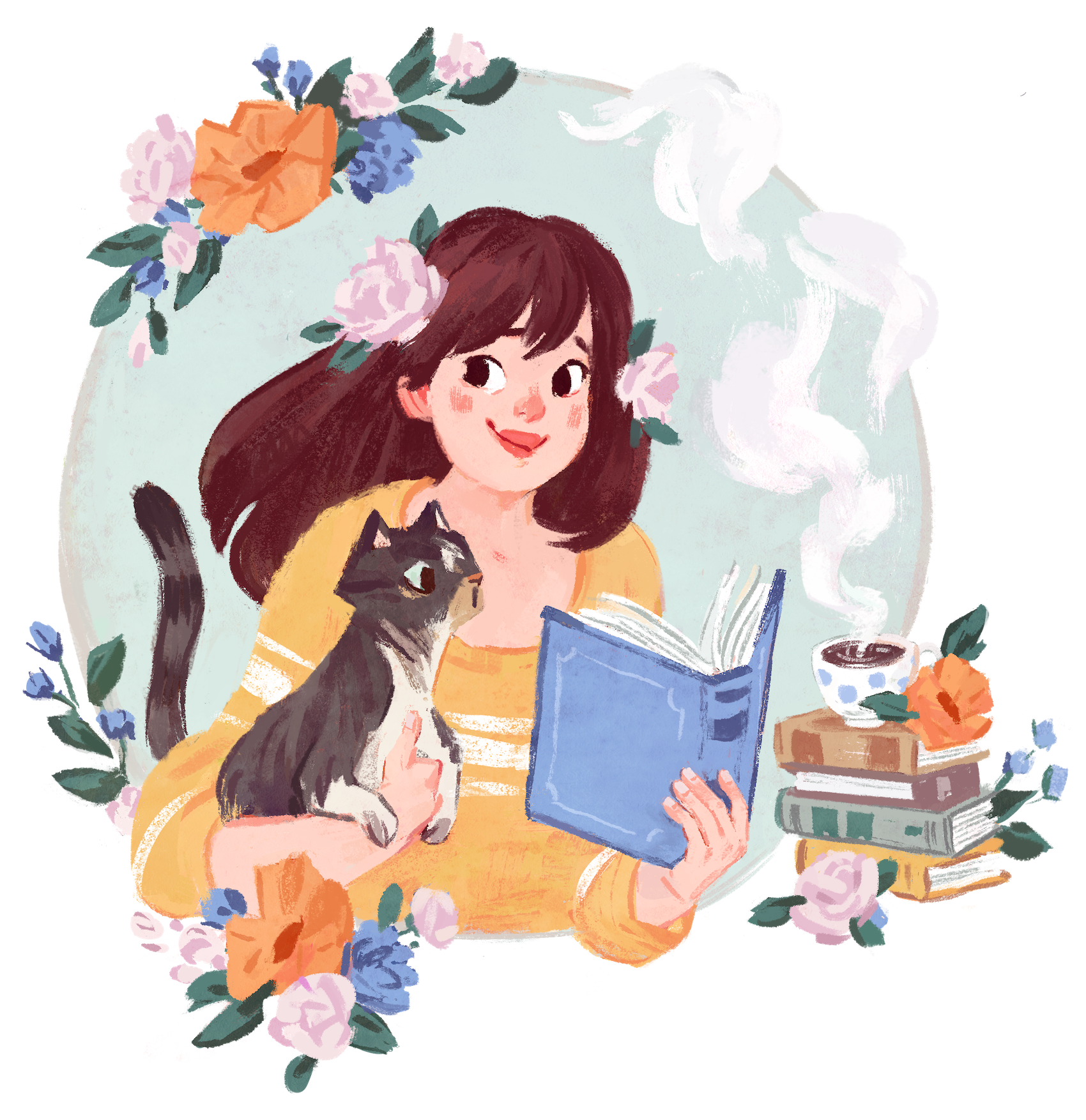
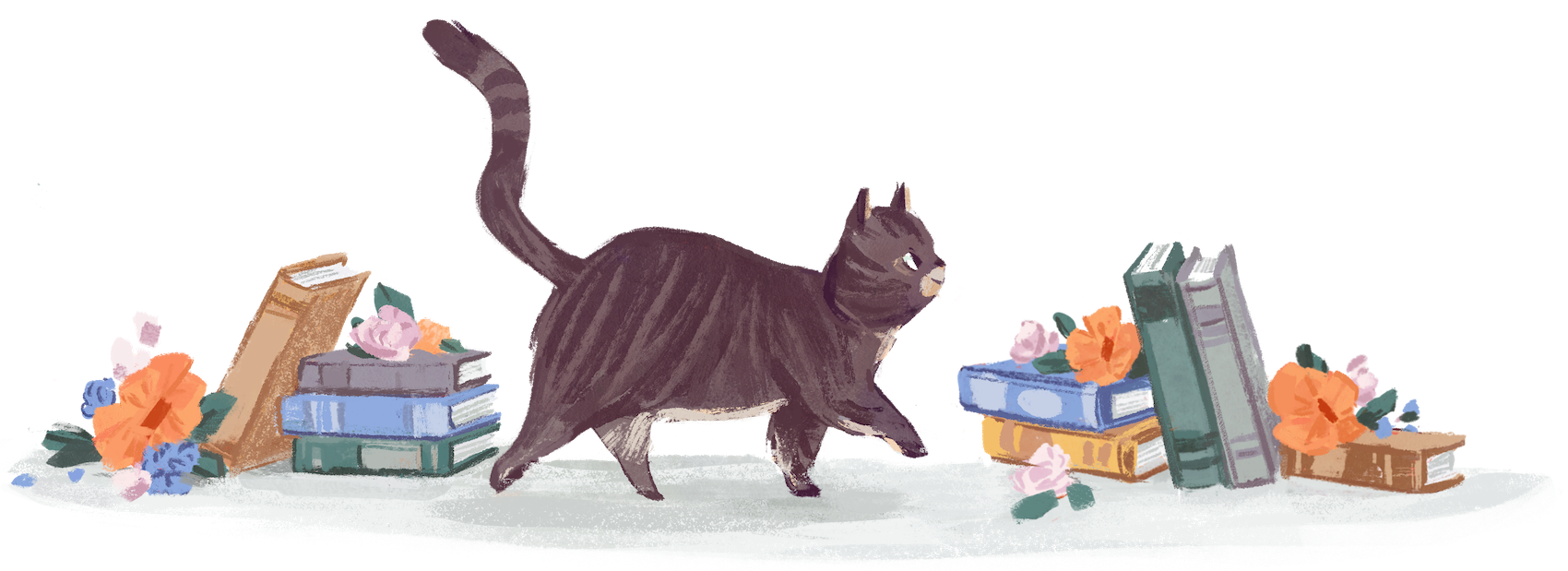
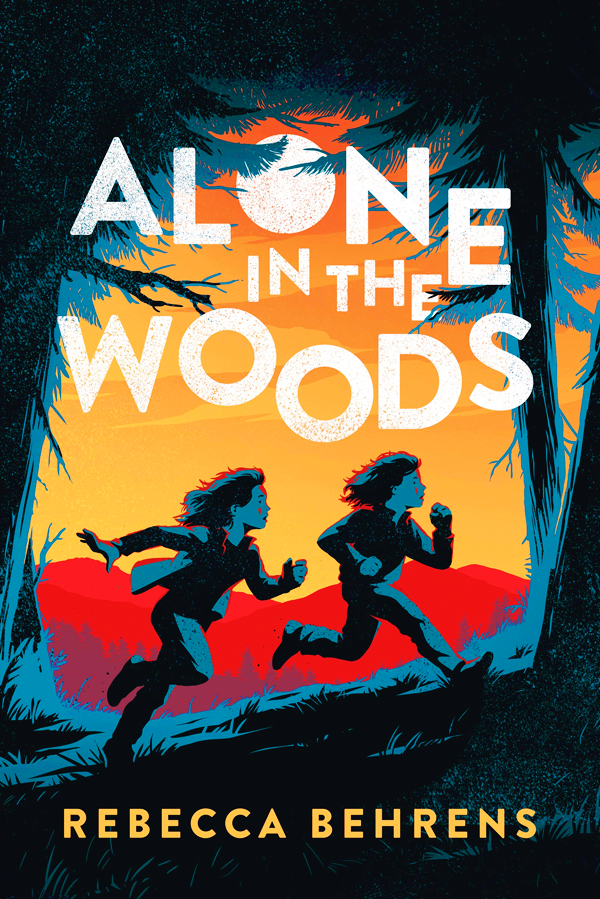



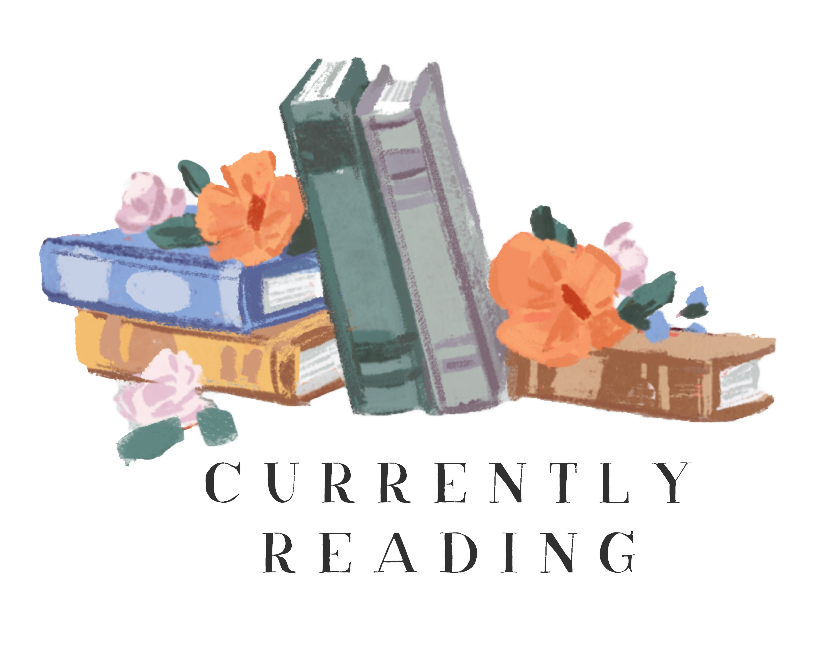
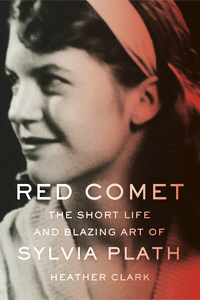


One Response
Who designed the cover?